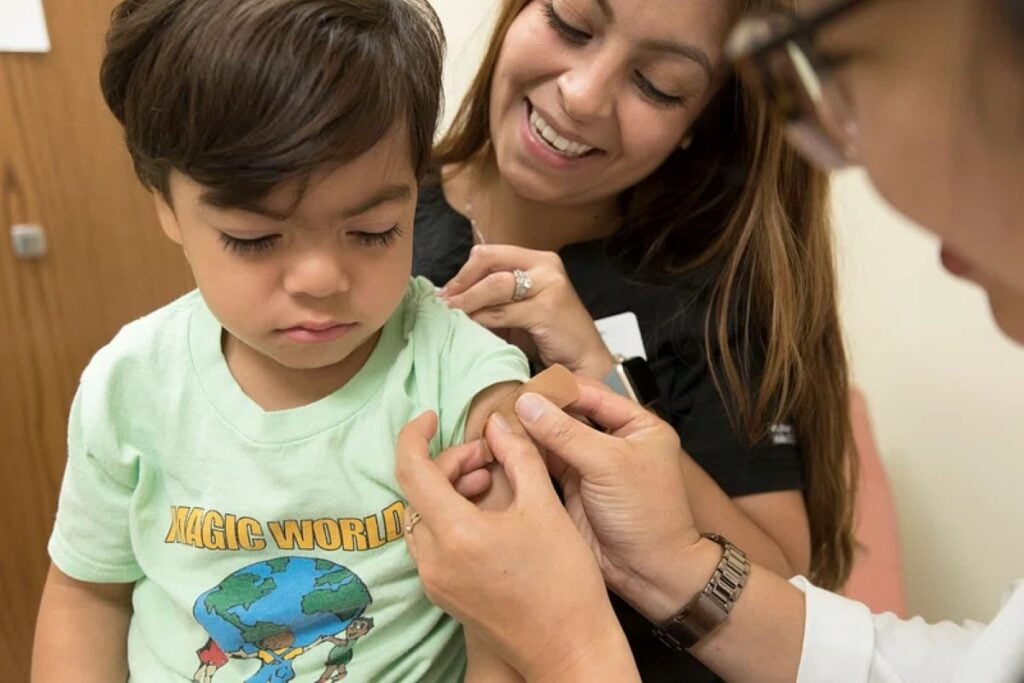Women with ADHD face a tough battle when menopause arrives. New research shows that dropping estrogen levels during menopause can make ADHD symptoms worse, creating a perfect storm for women in midlife.
A June 2025 survey found that 94% of women with ADHD reported their symptoms got worse during perimenopause and menopause. This shocking statistic highlights a problem that affects millions of women but remains largely overlooked by healthcare providers.
“These women have developed systems to keep it together their entire lives — managing their careers, their families, their relationships,” explains Shanna Pearson, author of the upcoming book “Invisible ADHD.” “And then, boom: Perimenopause hits, and it’s like the rug gets pulled from underneath them. Every system that they created to get by just stops working.”
The Science Behind the Struggle
The connection between ADHD and menopause comes down to brain chemistry. Estrogen helps regulate dopamine levels in the brain. People with ADHD already have lower dopamine levels, which affects attention and focus. When estrogen drops during menopause, dopamine levels fall even further, making ADHD symptoms more intense.
Recent research from King’s College London found a direct link between ADHD symptom severity and menopausal complaints. Their study of 656 women aged 45-60 revealed that as ADHD traits increased, so did many menopausal difficulties.
The study also found interesting differences between women taking ADHD medication and those who weren’t. For women with ADHD not on medication, ADHD symptoms mainly correlated with anxiety, depression, memory, and concentration problems during menopause. For those on medication, ADHD traits linked to a broader range of issues including problems with daily functioning.
Misdiagnosis: A Common Problem
Many midlife women with undiagnosed ADHD end up with the wrong diagnosis when they seek help.
“If you have a woman in middle age who’s going through these changes but doesn’t know she has ADHD, she’ll go to the doctor and they’ll give her an assessment for anxiety and depression,” Pearson notes. “There’s a lot of overlap in the questions they’d ask for these mood disorders and symptoms of ADHD.”
This problem stems partly from how ADHD presents differently in women. While men tend to show more visible, physical symptoms of hyperactivity, women’s ADHD often manifests as mental hyperactivity – constant thoughts, daydreaming, and internal restlessness that others can’t see.
This invisible nature of women’s ADHD symptoms, combined with limited medical training on menopause, creates a perfect storm for misdiagnosis. A Freedom of Information request by Menopause Support UK revealed that 41% of UK medical schools provide no mandatory menopause training, leaving many doctors ill-equipped to recognize these issues.
Similar Posts
Healthcare System Failures
Neurodivergent therapist Sara-Louise Ackrill highlights how the healthcare system often fails these women: “It’s hard to get the right care when the people you’re turning to don’t even see your problem as theirs to solve.”
Many women report being dismissed or told their symptoms are “just hormones” when seeking help. Waiting times compound the problem – adult ADHD assessments in the UK commonly take 12-24 months, while menopause clinic referrals often involve waits of 12-18 months.
Recognizing the Signs
For women wondering if they might have ADHD, Pearson suggests looking for “severe overwhelm” – what she calls “deer-in-the-headlights syndrome.”
“It’s this feeling where you have 20 things to do, and they all feel equally important, but you just don’t know what to do first,” she explains. “If you have ADHD, this is something you’ve experienced for most of your life — not just when you’re going through hormonal changes.”
Moving Forward
Despite these challenges, experts are pushing for better awareness and support. They recommend seeking doctors who specialize in ADHD rather than general practitioners, who may miss the diagnosis.
For immediate help, Pearson suggests simple strategies like tracking energy levels to schedule difficult tasks during peak times, and using physical state changes – standing up, listening to music, or even sucking on a strong mint – to break out of mental loops.
As research continues to shed light on this hidden connection between ADHD and menopause, the hope is that healthcare providers will become better equipped to recognize and treat this overlooked aspect of women’s health.



















